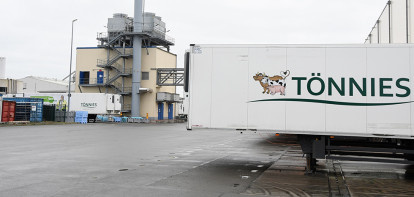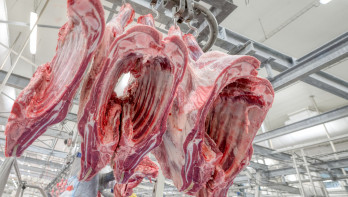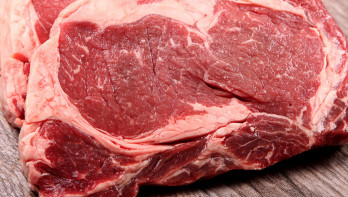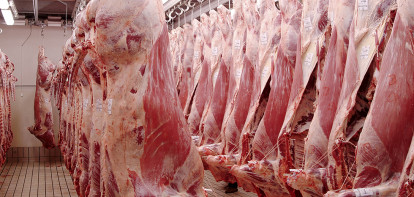Analysis Cattle & Beef
Production of wagyu meat increases despite low price
The price of wagyu meat has significantly decreased over the past two years. This is mainly due to the lower domestic consumption in Japan. Remarkably, the lower prices coincide with a larger supply.
The price of wagyu in Japan has dropped to the lowest point since June 2020. In July, the price per kilo fell to 2,377 yen (at the current exchange rate €14.76). This is a 7% decrease compared to the previous year. It was the fifth consecutive decrease compared to the previous year. The main reason for the decline is inflation. When money loses value, consumers generally quickly cut back on luxury food.
Part of the decline in wagyu consumption is in line with the decrease in Japanese beef consumption. However, such a luxury product naturally suffers even more from inflation than cheaper alternatives. Consumer surveys show that Japanese consumers chose meat from other cattle breeds, or sometimes even meat from dairy cows, as substitutes. The lower prices did lead to an increase in exports in 2023. This initially drove prices up. However, prices have since dropped below last year's low point and there are no signs of recovery yet.
Supply is growing
Despite the low prices, the supply is only increasing according to the latest available data. In 2023, 367,000 cattle were slaughtered. This is an increase of 1% compared to the previous year. Although counterintuitive, there is a logical explanation behind this. Not only the wagyu market in Japan is facing tough times. In practice, all cattle farmers are struggling. In addition to wagyu prices, prices of other beef breeds and of milk and dairy products are also under pressure. In 2023, the production of wagyu cattle increased.
In Japan, both beef and dairy are seen as luxury products. Both products have a small share in the Japanese diet. As a result, consumers are relatively quick to cut back on beef. Despite the position of the beef market, wagyu remains one of the most profitable products for Japanese cattle farmers. This is true even though there has been a very strong price drop, especially for calves. The price of wagyu calves decreased even more sharply than the slaughter price of cattle. By the end of August, the price had dropped to 1,790 yen (€11.12). This is a 29% decrease compared to the highest price in 2021.
Dairy Farmers
More and more dairy farmers are choosing to produce wagyu calves, as reported in Japanese media. In the Japanese market, this is seen as a way to remain profitable. The Japanese population has been shrinking significantly in recent years, which is accompanied by a permanently lower milk consumption. Because the Japanese market is not competitive on the world market, Japanese dairy farmers are mostly in the red. While profits in the conventional meat and dairy sectors are minimal, a dairy farmer still makes a profit of 200,000 yen (€1242.16) for a wagyu calf despite the significantly lower prices.
However, this strategy does not provide an escape for every dairy farmer. Japanese media report that this strategy is only realistic for large players. Although wagyu in particular can be very profitable, the high price for calves and the larger amount of feed the calves consume require economies of scale for such profits. For smaller, less efficient companies, the profit is much less favorable.




